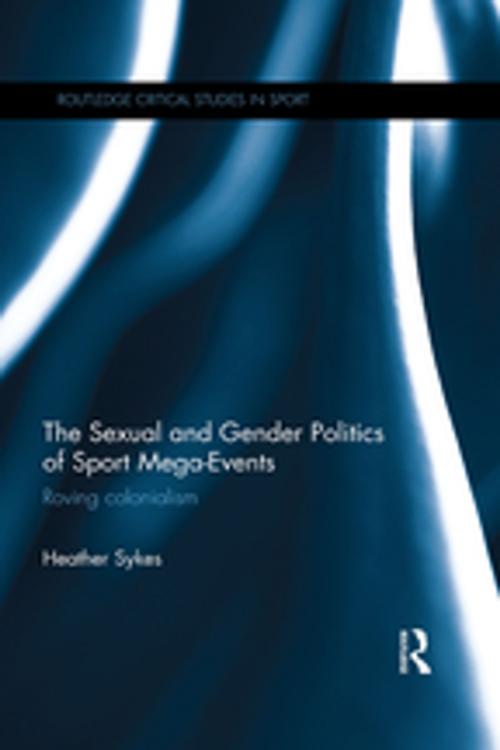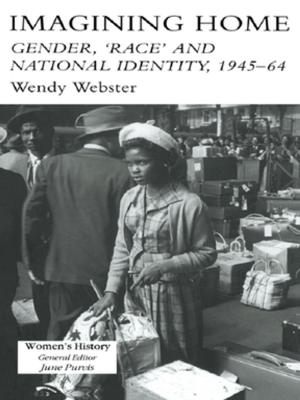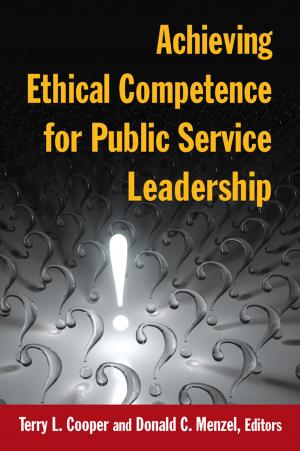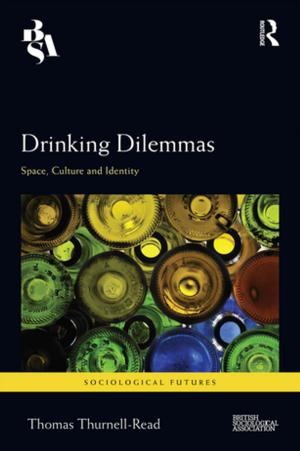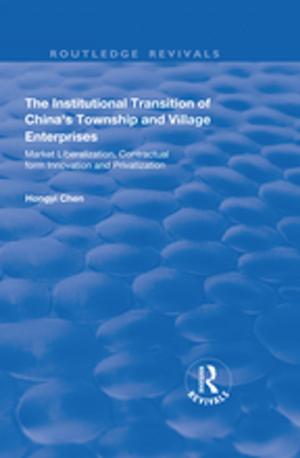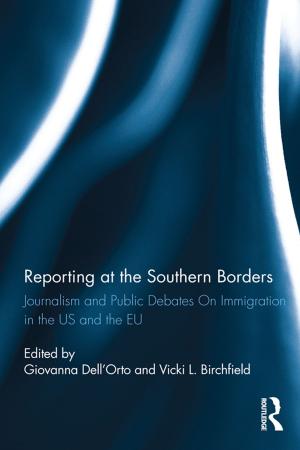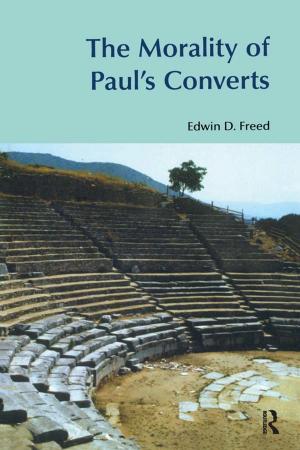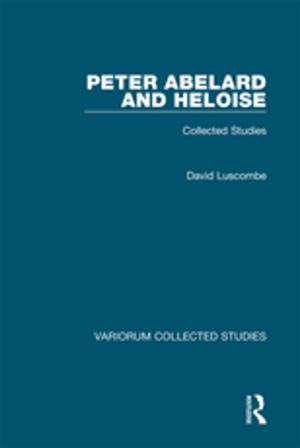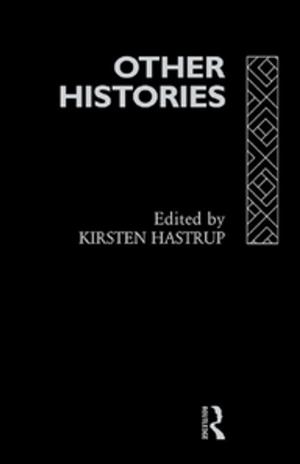The Sexual and Gender Politics of Sport Mega-Events
Roving Colonialism
Nonfiction, Sports, Reference, Social & Cultural Studies, Social Science, Gender Studies| Author: | Heather Sykes | ISBN: | 9781317690009 |
| Publisher: | Taylor and Francis | Publication: | December 8, 2016 |
| Imprint: | Routledge | Language: | English |
| Author: | Heather Sykes |
| ISBN: | 9781317690009 |
| Publisher: | Taylor and Francis |
| Publication: | December 8, 2016 |
| Imprint: | Routledge |
| Language: | English |
This challenging new study examines gender and sexuality in relation to the ‘roving colonialism’ of sport mega-events. Built around four case studies in postcolonial and settler colonial contexts—the Olympics in Vancouver, London and Sochi and soccer fans in the Egyptian revolution—the book examines sporting 'homonationalism' and anti-colonial resistance.
The first part discusses different moments of ‘homonationalism’ in sport. The second part explores how indigenous and anti-colonial protests against mega-sport events lead to different views about gender and sexuality politics in sport. It offers a critical counter-narrative to the view that gay and lesbian inclusion in global sporting events is simply a matter of universal human rights. The book calls for LGBT social movements in sport to move away from complicity with neoliberalism, nationalism and colonial-racial logics, particularly Islamophobia, toward a decolonial politics of solidarity.
Theoretically sophisticated and empirically grounded, this book draws together important threads in the contemporary study of sport to illuminate the relationship between sport and wider society. It will be fascinating reading for any student or researcher interested in the sociology of sport, Olympic studies, gender and sexuality studies, postcolonial studies, indigenous studies, settler colonial studies or the politics of race and inclusion.
This challenging new study examines gender and sexuality in relation to the ‘roving colonialism’ of sport mega-events. Built around four case studies in postcolonial and settler colonial contexts—the Olympics in Vancouver, London and Sochi and soccer fans in the Egyptian revolution—the book examines sporting 'homonationalism' and anti-colonial resistance.
The first part discusses different moments of ‘homonationalism’ in sport. The second part explores how indigenous and anti-colonial protests against mega-sport events lead to different views about gender and sexuality politics in sport. It offers a critical counter-narrative to the view that gay and lesbian inclusion in global sporting events is simply a matter of universal human rights. The book calls for LGBT social movements in sport to move away from complicity with neoliberalism, nationalism and colonial-racial logics, particularly Islamophobia, toward a decolonial politics of solidarity.
Theoretically sophisticated and empirically grounded, this book draws together important threads in the contemporary study of sport to illuminate the relationship between sport and wider society. It will be fascinating reading for any student or researcher interested in the sociology of sport, Olympic studies, gender and sexuality studies, postcolonial studies, indigenous studies, settler colonial studies or the politics of race and inclusion.
